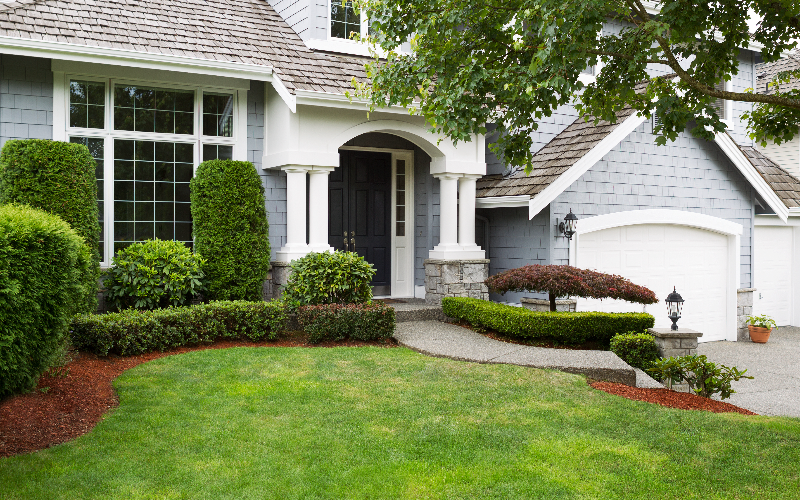The Environmental Benefits of Vinyl Windows

In today's era of environmental consciousness, it’s important to make sustainable choices. When it comes to home improvements, selecting energy-efficient and eco-friendly options can contribute to a greener future.
Vinyl windows have emerged as an excellent choice for homeowners seeking both durability and environmental benefits.
In this blog post, we will explore all the different advantages of vinyl windows from an environmental standpoint.
Energy Efficiency
Vinyl windows are known as one of the most energy-efficient window materials. Vinyl provides the best thermal performance compared to the other types. With the ability to withstand heat and superior insulation, vinyl windows can help your home stay comfortable all year round.
Unlike aluminum frames that easily transfer temperatures, vinyl windows are non-conductive and effective insulators.
Not only does this reduce your energy bills, but also your carbon footprint. Home energy use is responsible for a quarter of your total carbon footprint. By reducing your reliance on your heat or air conditioning, you’re reducing your carbon footprint and ultimately making the world a better to live.
Durability and Longevity
Because of its durable material, vinyl windows will stand the test of time. Vinyl windows don’t need replacing or maintenance as much as other window types (such as wood) because they last so long.
By choosing vinyl windows, homeowners can lower the demand for window manufacturing, saving natural resources and reducing waste. Plus, the extended lifespan of vinyl windows reduces the environmental impact that comes with the disposal of old windows.
Low Maintenance and Eco-Friendly Materials
Vinyl windows require minimal maintenance compared to other window materials. They do not need painting or sealing and can be easily cleaned with mild soap and water. This low-maintenance feature reduces the use of harmful chemicals associated with maintaining other window types.
Vinyl windows are made from polyvinyl chloride (PVC), a 100% recyclable material thats naturally derived from salt. When properly recycled, PVC can be transformed into new products, reducing the demand for virgin materials.
Because vinyl windows are made with naturally abundant materials, their negative impact on the environment drastically decreases. Wood windows, however, require much more non-abundant resources (trees) and cause pollution that harms our planet’s ecosystem.
We all know that cutting down trees negatively impacts our environment. But it's not just their removal that hurts the planet. The equipment used to remove trees causes pollution, as well as the harmful chemicals used to process and treat the wood. This production of vinyl windows is a simpler process, posing less risk to our environment.
Conclusion
Vinyl windows are a great option for homeowners who want to save energy and help the environment. These windows are well-insulated, long-lasting, easy to take care of, and can be recycled. By choosing vinyl windows, homeowners can do their part to protect the planet and enjoy a cozy, energy-efficient home.
If you’re looking for the energy-efficient, environmentally friendly windows we discussed in this article, Earthwise Windows offers windows that meet all the criteria and more. Made by our regional manufacturers, our windows are built to perform in your specific climate, something no other window manufacturer offers. To learn more about our windows, contact an Earthwise specialist today.
Did you find this info useful? It's ok to share:






